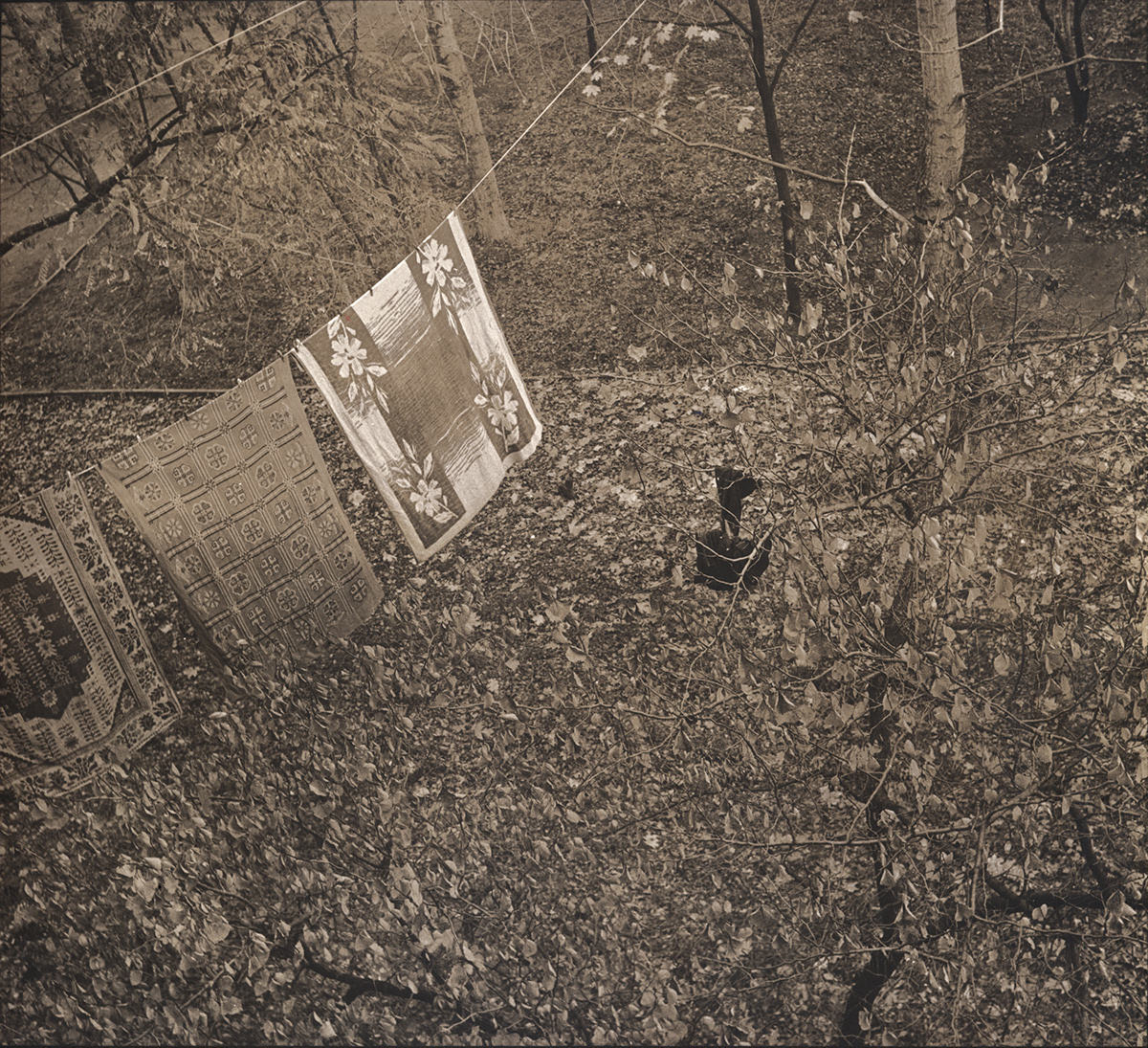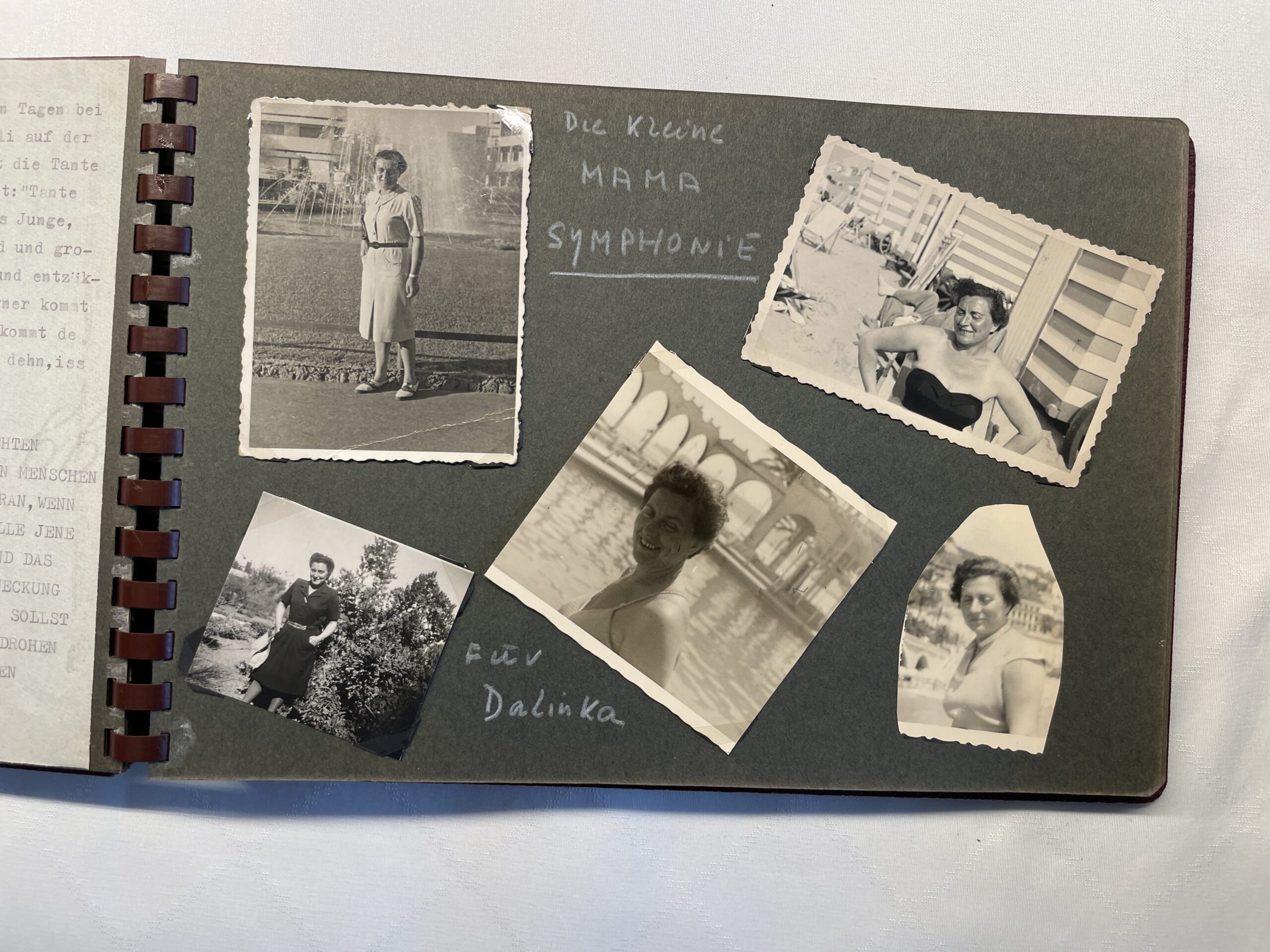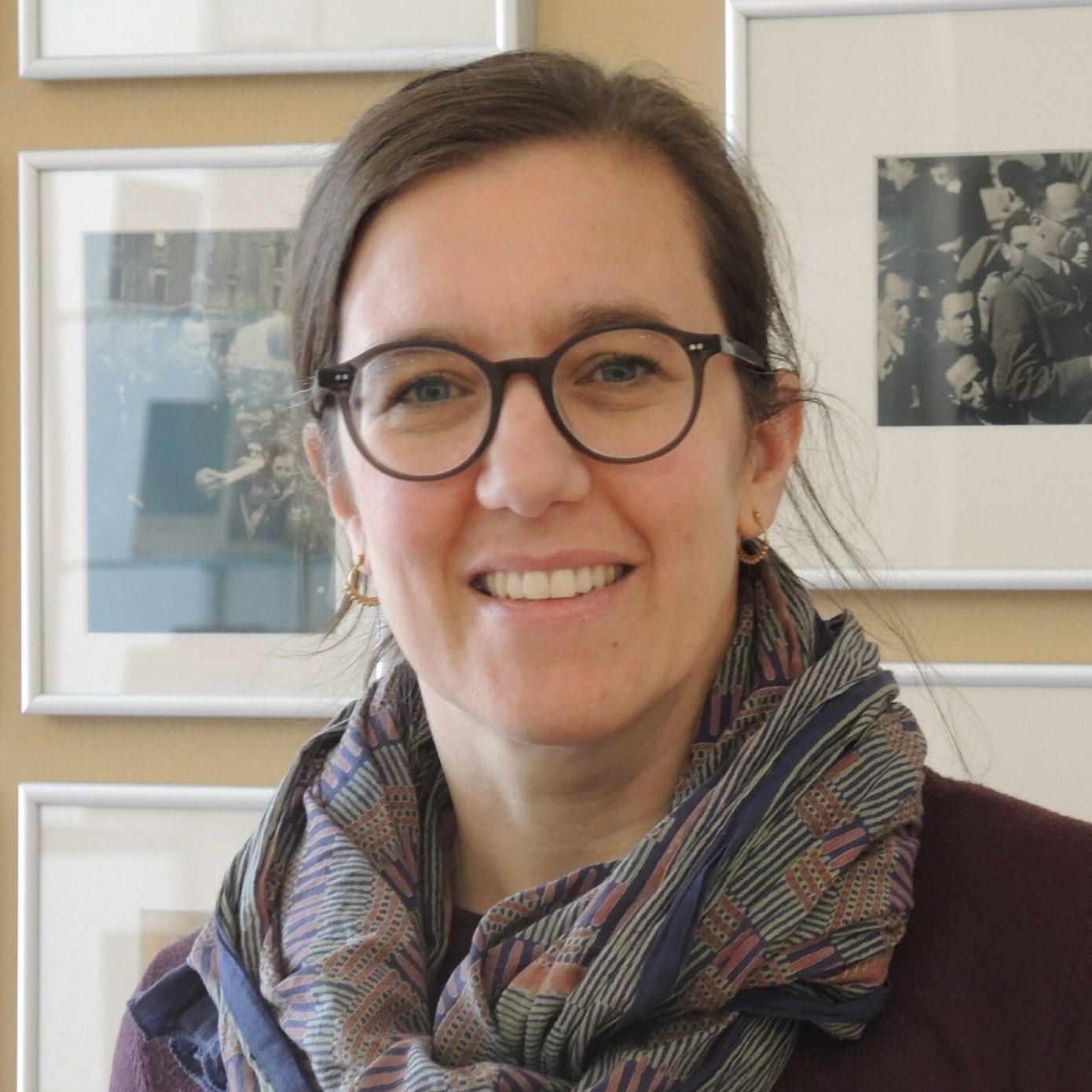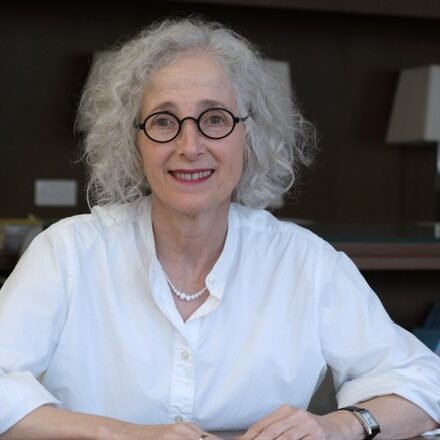Cluster Ownership
Projects in the cluster Ownership pay particular attention to the intersection of materiality, law and history. Central to the investigations are questions of displacement, loss and changing ownership of movable and immovable objects as a result of migration, flight, expulsion and destruction in different geographical and historical contexts. Approaches from legal history and provenance research are brought into dialogue with those from social, cultural and political history. “Ownership” in the broadest legal and anthropological sense is the central category in this cluster.
The severe impact of the Holocaust on the material world of European Jewry, which also resonates in those places where Jews found refuge, is addressed, as well as the related translocation of property. The individual studies reflect on the significant role that property, heritage and material possessions as well as their loss or recovery play in questions of Jewish identity and self-understanding. Objects assumed contested and shifting roles and meanings in the course of the (re)construction of Jewish life and the (re)shaping of the European material landscape in the 20th century. In order to map and analyse these connections, members of this cluster econstruct and interpret the itineraries and stories of objects that were saved, claimed, lost, destroyed, neglected, disappeared or re-emerged. Confiscated property plays an important role, from the looting and Aryanization policies of the Nazi regime in occupied Europe to the Communist appropriation of private Jewish property.
The research examines the confiscations of objects by non-Jewish beneficiaries in Europe in order to gain a comprehensive understanding of the afterlife of formerly Jewish artefacts and possessions. Of central importance is the distinction between private and collective property, the latter including the property of communities as well as that of Jewish organizations and associations.
The close connection of objects and humans, as expressed in the legal status of ownership, which creates continuity and strengthens the sense of belonging between generations and communities, is contrasted with the experiences of dispossession, loss and restitution. In this context, the different roles and values of objects in the processes of Jewish and non-Jewish memory culture, as well as their use as means of self-representation and belonging, are brought to the fore.
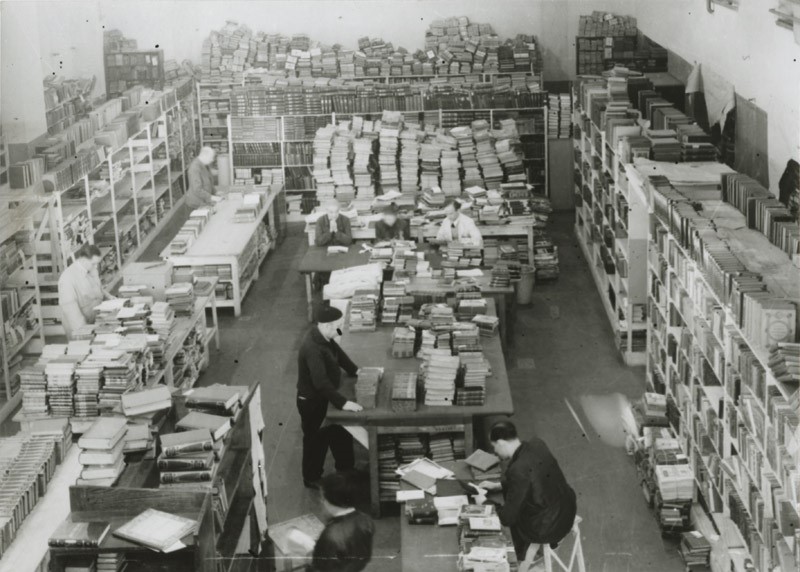
(Photo: The Jewish Museum in Prague)
Research Projects
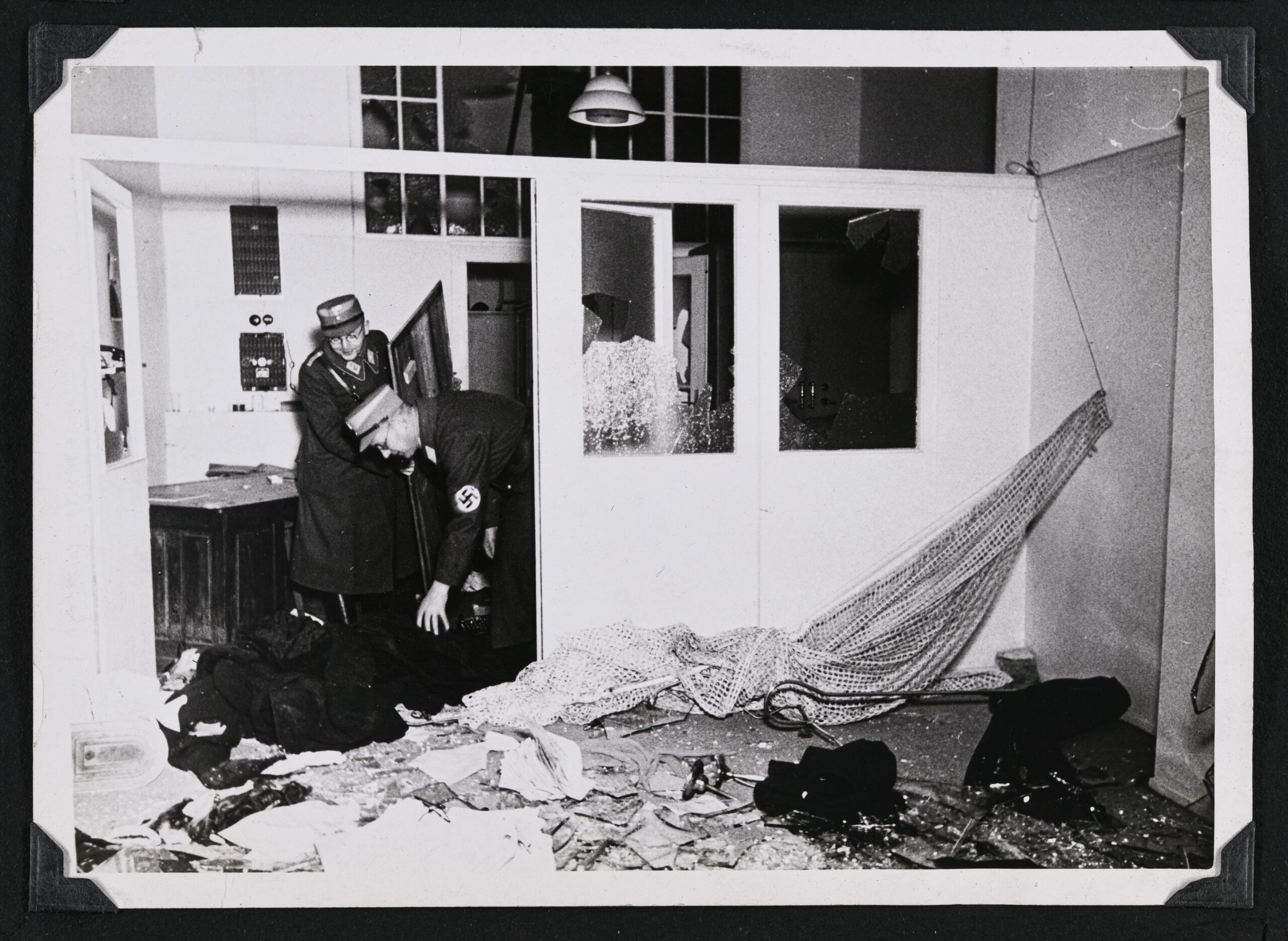
Project: “Home was not Home anymore.” The Destruction of Private Jewish Living Spaces in the November Pogroms of 1938
Researcher: Kathrin Hansen
Supervision: Yfaat Weiss, Elisabeth Gallas

Project: Nation-Building and Cultural Heritage – The Making of the Jewish National Library in Jerusalem, 1892–1948
Researcher: Anna Holzer-Kawałko
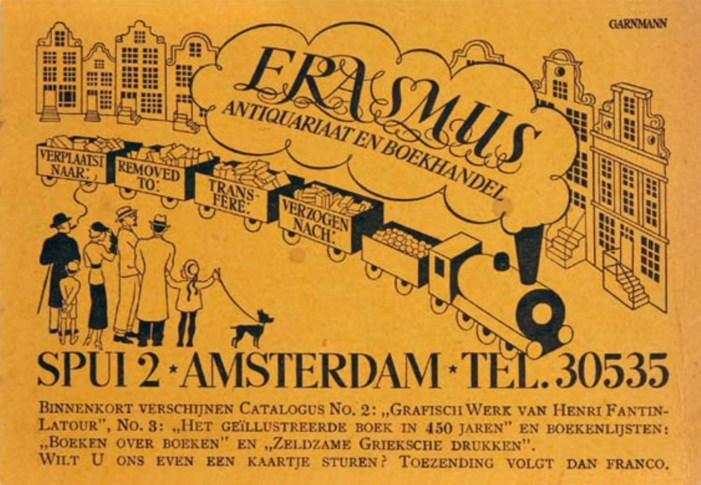
Project: Jewish Antiquarian Bookshops in Nazi-occupied Netherlands
Researcher: Lisa Trzaska
Supervision: Yfaat Weiss, Dirk van Laak, Elisabeth Gallas
Supervisors


